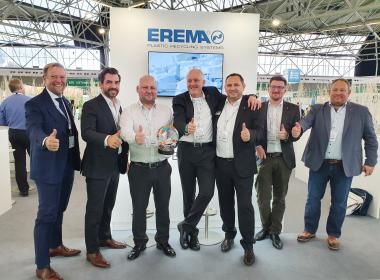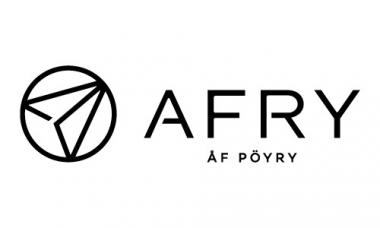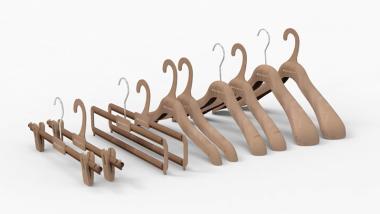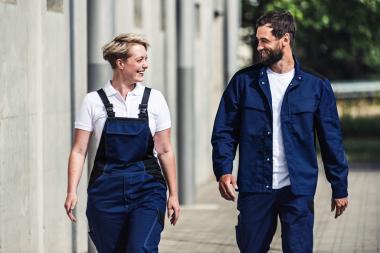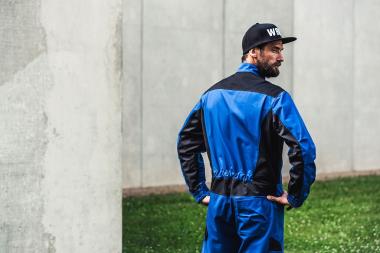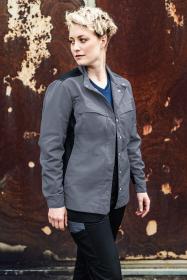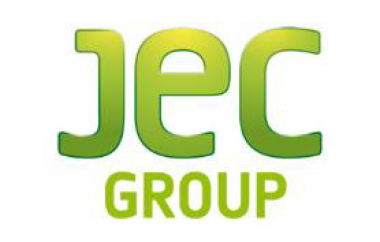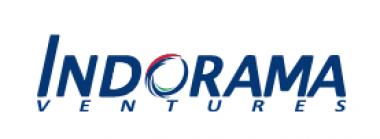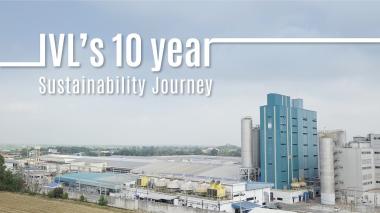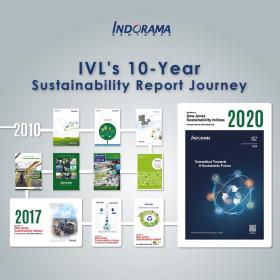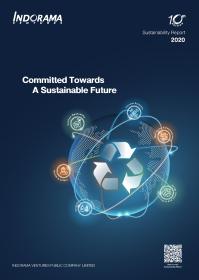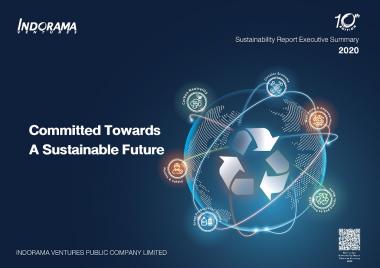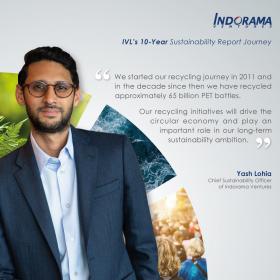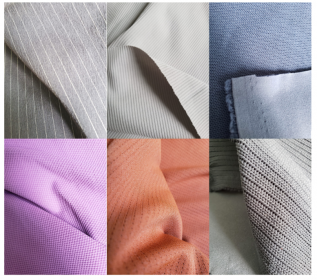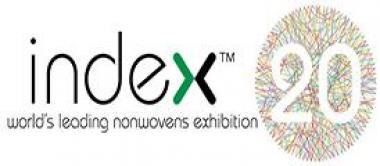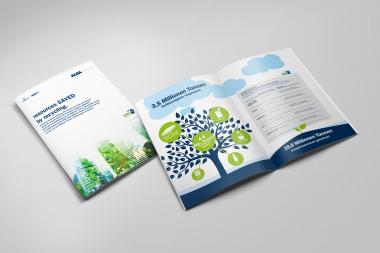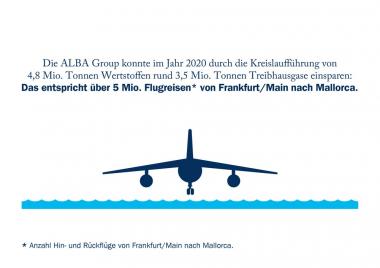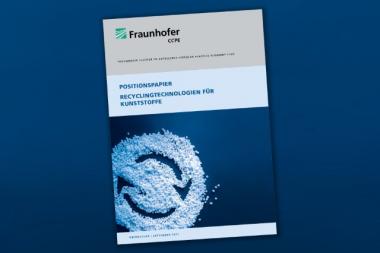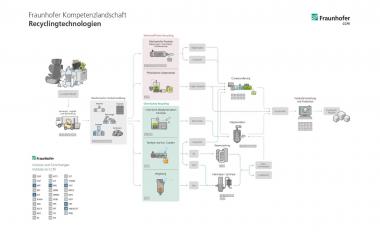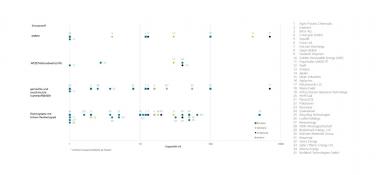Kelheim Fibres once again finishes high in Canopy's Hot Button Ranking
In the Canopy’s 2021 Hot Button Ranking, Kelheim Fibres once again occupies a leading position: With a increase of 2.5 points in the evaluation, the Bavarian viscose speciality fibre manufacturer tied for third place out of around 40 viscose fibre manufacturers worldwide and a dark green/green shirt for the second year running. The Hot Button Report not only stands for responsible raw material sourcing - it is an overall sustainability indicator for viscose fibre producers.
Especially in the areas of transparency and procurement, the NGO Canopy, which is committed to the preservation of ancient and endangered forests, awarded Kelheim Fibres top points: Kelheim Fibres is the only EMAS-certified viscose fibre manufacturer worldwide and publishes all environmentally relevant data publicly.
Kelheim Fibres also gained points in the area of "Next Generation Solutions" - the use of alternative raw materials in fibre production. Together with the Swedish textile recycling company Renewcell, the fibre experts are planning to realise the large-scale production of high-quality viscose fibres from up to 10,000 tonnes of the 100% textile recyclate Circulose® per year.
Kelheim Fibres GmbH







